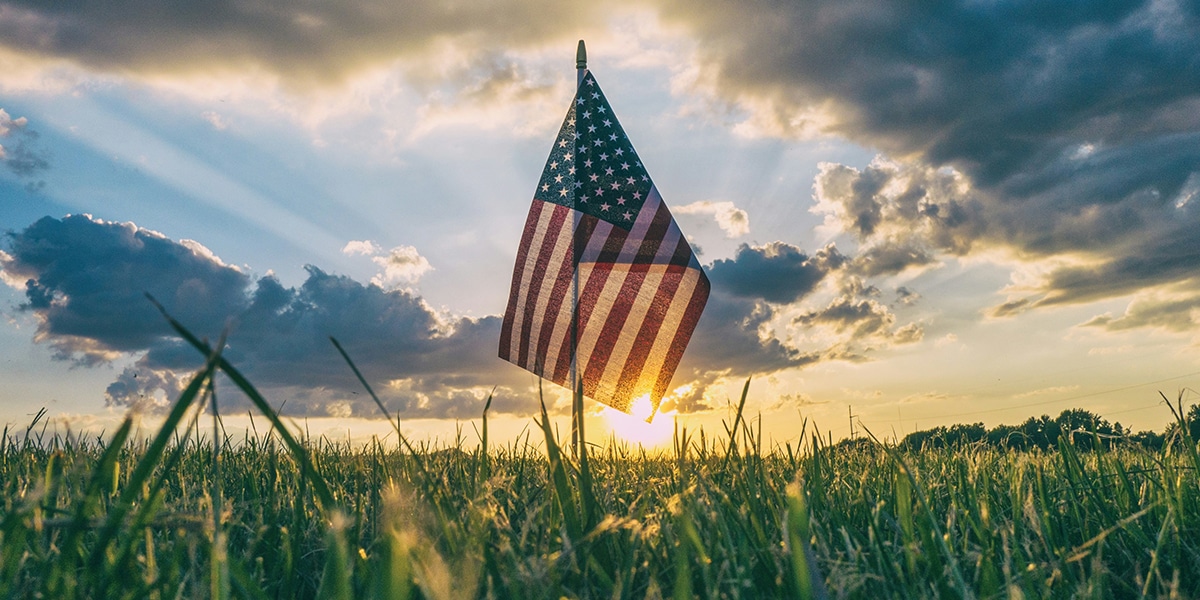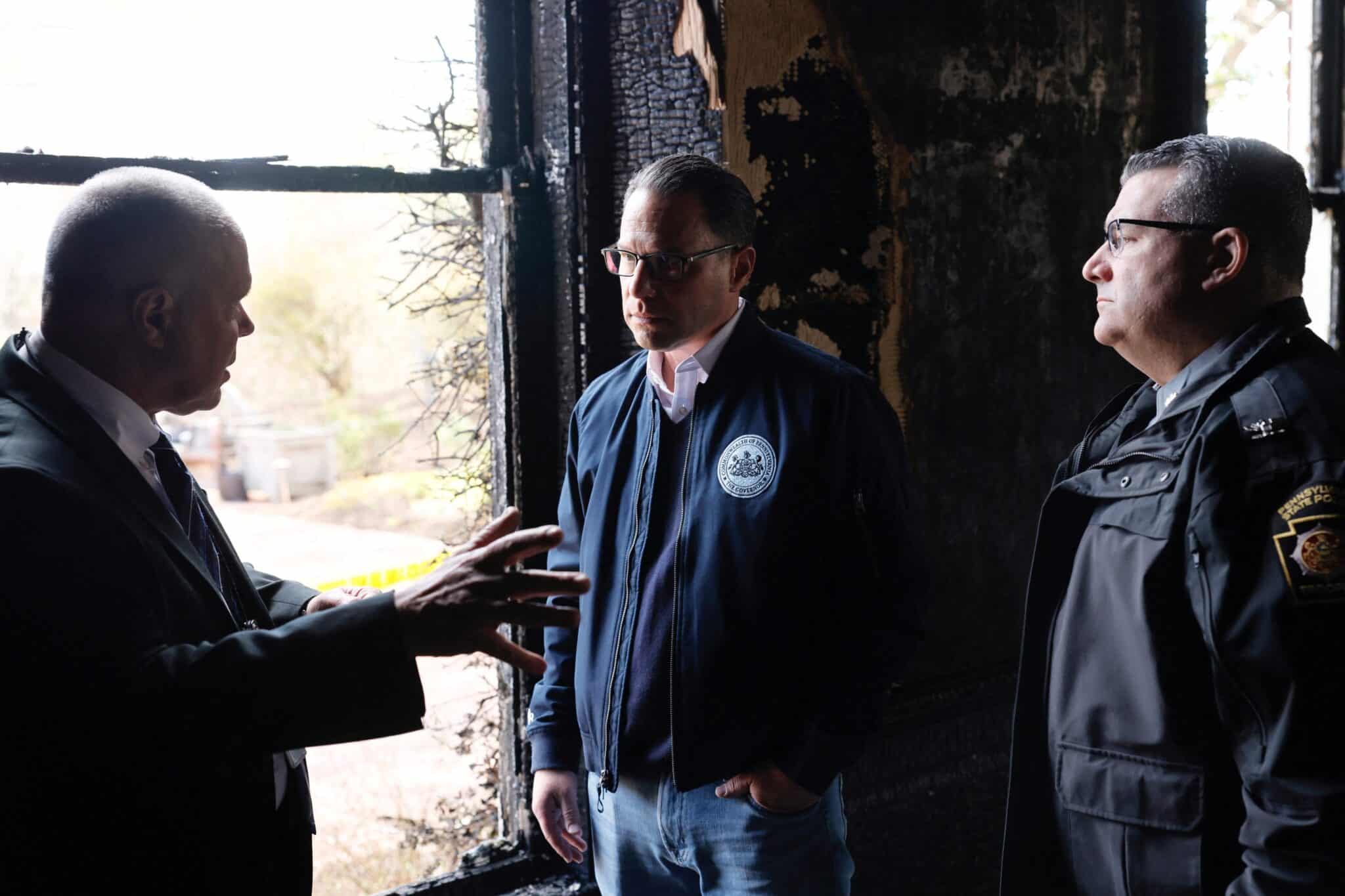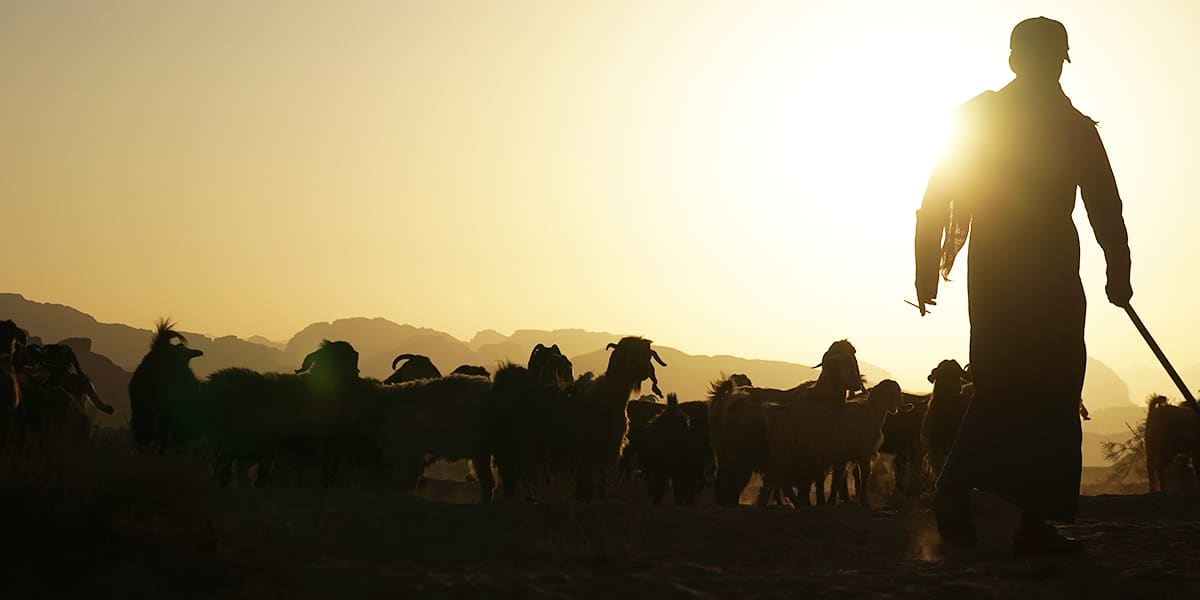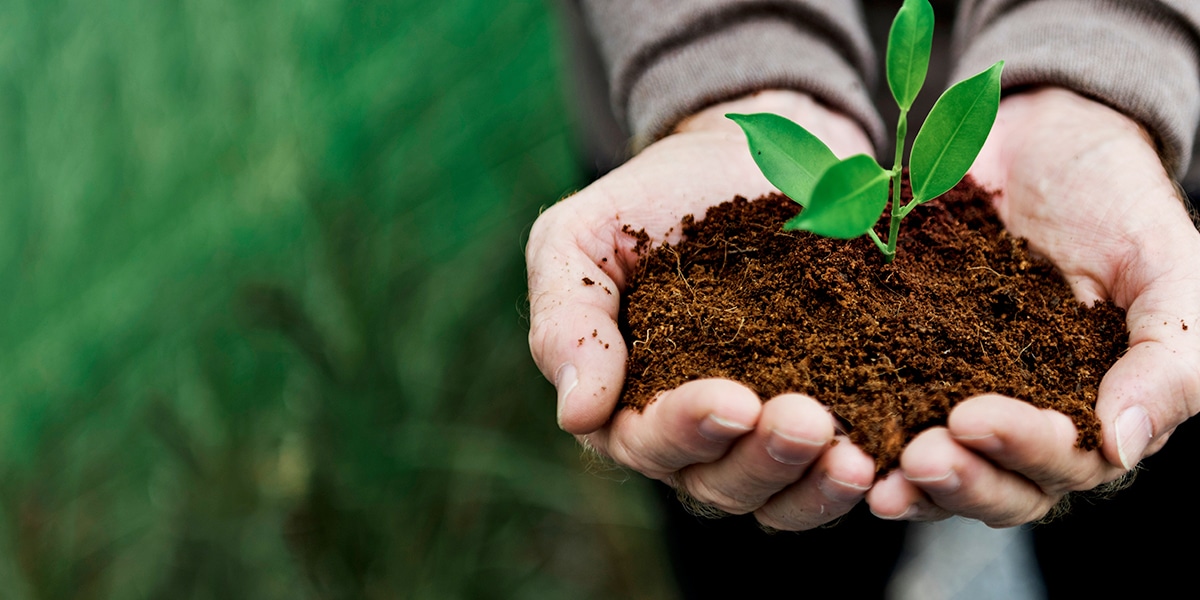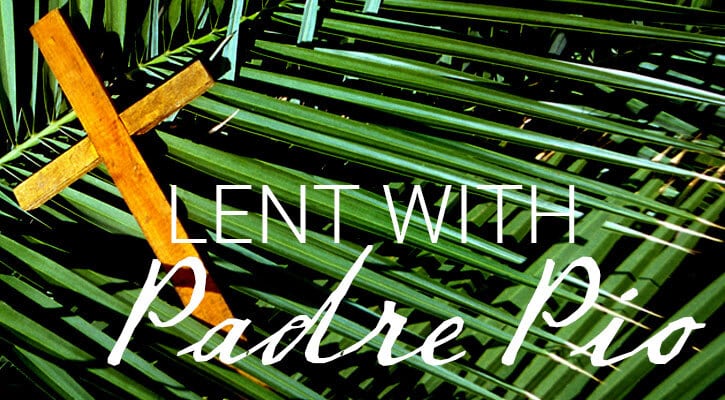An anti-immigration wave is washing over America and much of the Western world. This wave often drowns out the sensible voices of our pope and bishops, who teach that we must create “a world where immigrants, refugees, migrants, and people on the move are treated with dignity, respect, welcome, and belonging. “
At the Catholic-rooted, interfaith spirituality center I direct, we made a choice to be a public witness of hospitality in the face of anti-immigrant animosity. In partnership with Catholic Charities, we now work with several legally documented refugee families who have fled the violence and political oppression in their home country of Burundi. Together, we have created “New Hope International Farm,” a community garden program on our 21-acre property, which allows these families to grow organic fruits and vegetables for their own subsistence and, eventually, for sale.
Most of our new Burundian friends were small-scale farmers back in East Africa; they know what they’re doing and they work hard, trying to improve their lives and make a new home in their newly adopted country. Despite the trauma they experienced in Burundi and the multiple challenges they face in America, they are gentle, kind, and good-humored. Our land and our community are richer for them being here.
In tumultuous times, and especially in this red, white, and blue month of July, it’s tempting to equate patriotism with an insular “America first” worldview. Certainly, we should protect and promote American interests. But doing that starts with understanding that our country cannot thrive in isolation.
We are part of one earth, one global community. We are connected by ecological concerns, by the flow of goods and services and information, and by the common bond of humanity. We are our brothers’ and sisters’ keepers, and we all rise and fall together.
Too much of our national rhetoric about immigration revolves around abstract—and almost completely unfounded—fears of criminals or terrorists and the concerns about losing jobs to foreigners. How different might that conversation be if more of us were able to spend time with flesh-and-blood immigrants, to swap stories, and to discover how much common ground we share?
What if to be proudly patriotic meant opening our minds, hearts, and homes to those most in need of welcome—the kind of welcome Mary and Joseph sought so long ago, when they were refugees? Who knows what amazing goodness could be born?

